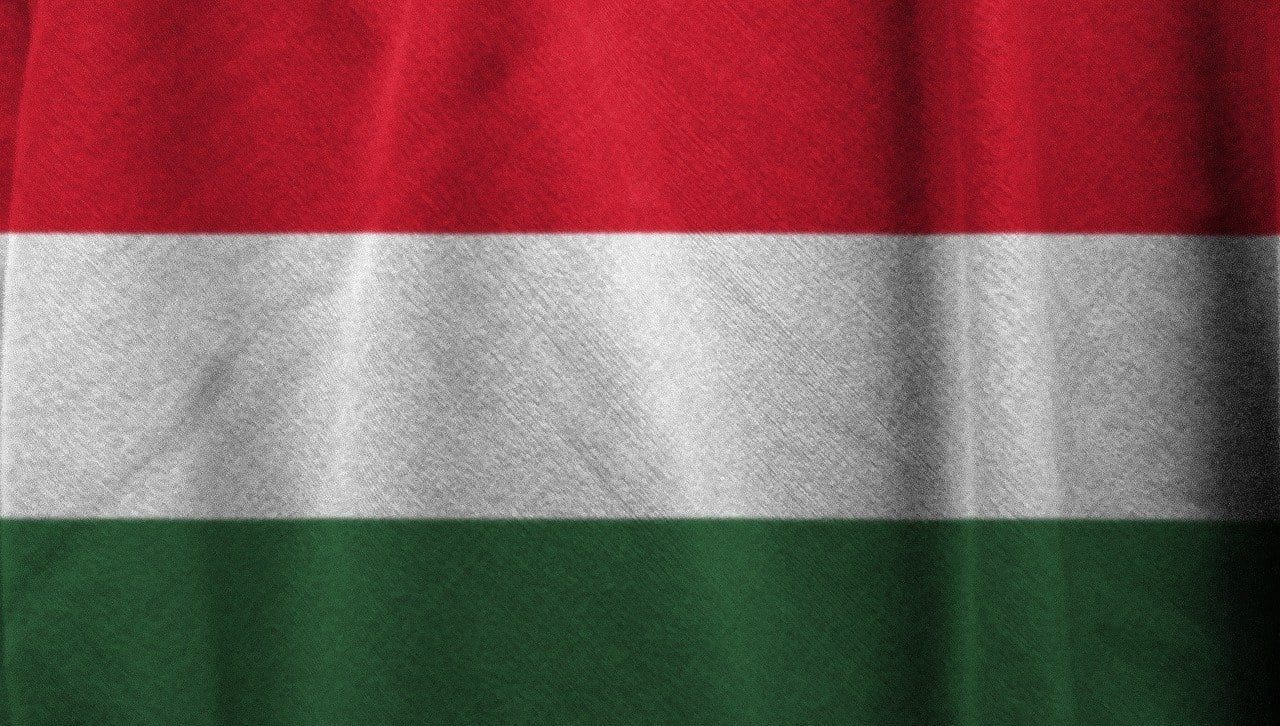Post photo: Hungarian flag | © Pixabay
Dear Reader,
Hungary and Poland continue to gamble against the EU when it comes to the rule of law mechanism. I have attached further thoughts to the current status.
I have serious fears about the future of the EU as a result of the upcoming dispute; she faces a crucial test like seldom before. The great adversary Trump may have been defeated, but his European submarines — Britain, Hungary and Poland — continue to operate against the community. It is interesting that not much has been heard from the countries most dependent on the money from the Corona aid program — Italy, Spain, Greece. Of Manfred weber Strong words are heard from the EPP, will he 'hold out'?
I have my hopes in Parliament. ME, the EU has no choice — it must accept and see through the showdown. If Orban & Co remain firm, the program should run without the two veto countries. This would have two weak points: A separate agreement would take a long time to be passed, and Parliament would no longer be involved in the aid program - but giving in to Orban & Co would have unforeseeable consequences. If the EU collapses this time, it would be just an empty shell for the world's autocrats.
EU Rule of Law Mechanism — Blocked by Hungarians and Poles
The heads of government of Hungary and Poland, Viktor Orban and Mateusz Morawiecki met on November 26.11.2020, XNUMX in Budapest to reinforce each other's veto against the multi-year EU budget and the EU's Corona aid program. They want to prevent, they explained, that the European Union introduces a mechanism that ties the benefits from Brussels to compliance with the community's catalog of values, in particular the rule of law and the independence of the judiciary. Orban said that no rule of law mechanism was necessary to combat the corona pandemic. A member of the Hungarian governing party Fidesz comments on the development with a Nazi comparison.
On November 27.11.2020, XNUMX, sueddeutsche.de reported on additional statements by the Hungarian government spokesman: "Because both countries insisted on standing up for their interests, the liberal media turned against them, and George Soros trying to impose on them his plan to 'flood the EU with migrants', it said. Brussels would take revenge on the states that do not want to give up their sovereignty.” How can one seriously negotiate with propagators of such world conspiracy theories? After the Hungarian-Polish veto, the question arises as to how the actors involved -- the Council of Heads of State and Government, the EU Parliament and its parliamentary groups, the Commission and also Germany, which holds the current Council Presidency, will behave.
Developments are also being closely monitored outside the EU. On 17.11.2020/XNUMX/XNUMX the New York Times reported extensively under the headline: "Hungary and Poland Threaten EU Stimulus Over Rule of Law Links". The report notes that this "show of force" by the two prime ministers is a powerful demonstration of how two EU members are now able to hold the whole Union hostage over an issue as important as the protection of democratic values. With an ironic undertone, it is added that this also shows the relative inability of the EU to stop this activity; The report uses the term "powerlessness" for this.
I would like to add further personal comments to all of this. Who, as the Fidesz representative thinks, can argue and convince with Nazi comparisons, or with the staid point that to fight the pandemic you don’t need a rule of law mechanism like him Viktor Orban made must have really bad cards. Basically, the dispute between the EU, Hungary and Poland, which has been smoldering for some time, is about the simple question: Can a community of equal partners afford to have members with different legal statuses? Can things go well in the European Union in the long run if the majority of the members adhere to the provisions of the Treaties, in particular to the basic catalog of values in Article 2 TEU, while another part of the members respect the independence of the judiciary and the judges, freedom of opinion and other rights of its citizens bit by bit, even though all this is guaranteed in Article 2 TEU? It sounds downright perfidious when the Hungarian government spokesman says that Brussels is taking revenge on the states that did not want to give up their sovereignty. When joining the community, all EU members signed the treaties -- and thus also Art. 2 TEU -- voluntarily and not under compulsion. The European Union defines itself not only as an economic community with a common market, but also as a community with common values. Hungary and Poland gladly accept the advantages of the common internal market and also the subsidies from all possible EU support programs; but the values of the community are "the devil's stuff" and are not accepted with reference to sovereignty -- what nonsense!
In these disputes between the EU, Hungary and Poland, you can draw parallels to the Brexit dispute Boris Johnson draw. Even after leaving the EU, Johnson wants British business to have free access to the common EU internal market, without customs duties, border controls and other restrictions. But he doesn't want to have to abide by the rules of this common internal market. He wants to achieve market advantages for the British economy, for example by the fact that the British do not have to comply with the EU regulations on state subsidies, the EU environmental regulations and the regulations on work, climate and consumer protection. And Johnson is downright offended that the EU is not prepared, indeed cannot be prepared, to grant the British special status in the common internal market. Like Orban and Morawiecki, Johnson calls for a willingness to compromise from the EU and in reality means two different legal bases. n the Brexit discussion, there is talk of a level playing field, of the same framework conditions and the same rules of the game for all players in the common internal market. This requires fairness in mutual dealings. These same rules of the game must also apply to all EU members when it comes to the value base of the community. Why should judicial independence be defined differently in Hungary and Poland than in France or Italy?
It is remarkable that the dispute with Hungary and Poland is about the basic values of the European Union -- the New York Times writes of a "major issue like protecting democratic values". Why shouldn't the basic set of values apply to all members of the Union in the same way? Why are the two countries taking advantage of the benefits of membership, of the common internal market and, above all, of the funds from the EU subsidy programs and arguing about the very foundations of the EU, about the catalog of values, about what the European Union is all about and fundamentally distinguishes them from autocratic countries such as Russia, Belarus and Turkey? What nonsense to have to argue about this in the EU.
"Basic values are non-negotiable", says a resolution of the joint federal committee of the Europa-Union and the Young European Federalists of November 7.11.2020th, XNUMX. Evelyne Gebhardt MEP, the chairwoman of the EUROPA-UNION Baden-Württemberg wrote in her Europa Aktuell newsletter of October 19.10.2020, XNUMX: "The disbursement of EU funds must be linked to compliance with the rule of law in the member states“. For example, what would the EU do if women's suffrage were abolished in any member state? What would happen if any member wanted to introduce the death penalty? Hungary and Poland are playing with the credibility of the European Union. Anyone who climbs such a tall tree cannot expect the others to help them get back down to earth.







